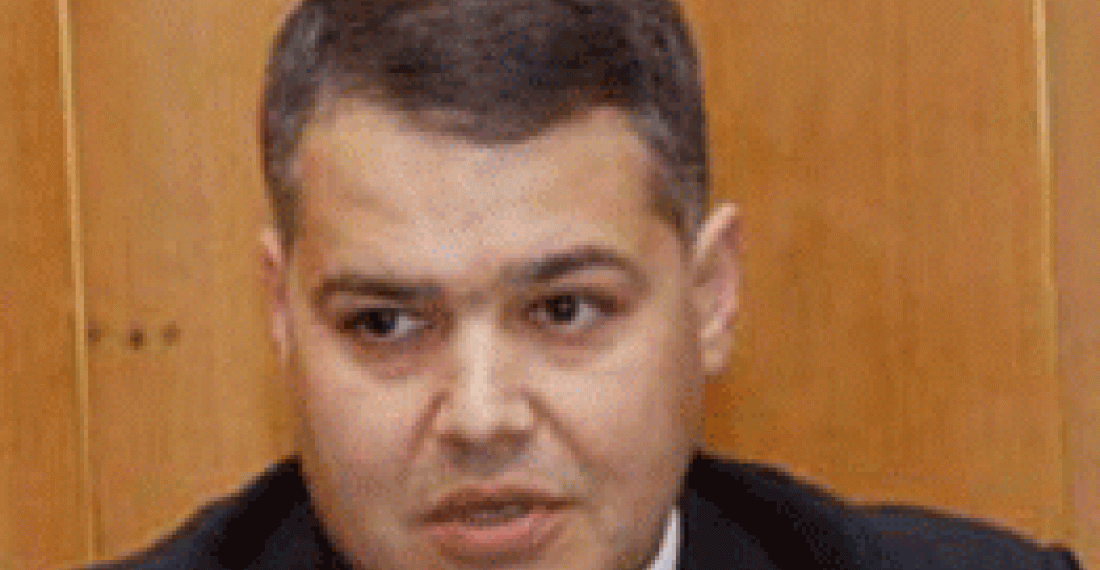PACE ignores all arguments concerning the role and the mission of the PACE Ad Hoc Committee on Nagorno- Karabakh in the Nagorno-Karabakh peace process, Head of the Armenian delegation to PACE David Harutyunyan said while speaking in Strasbourg.
Harutyunyan said that this might be due to the PACE President's support for or even certain obligations to one of the delegations. He said that forced decisions cannot yield positive results.
Harutyunyan said that the work of the committee was resumed with no regard to the objections of the Armenian delegation.
"Our position is the same: the key obstacle to PACE's contribution to the Nagorno-Karabakh conflict settlement is the lack of confidence between the Armenian and Azeri delegations," Harutyunyan said.
He said that this situation can and must be improved. "We have proposed a whole number of ideas, particularly, a moratorium on mutual accusations. If the Azeri delegation supports our proposals, it will prove its commitment to normalize our complicated relations. Our proposals are still in force, and it is now for our Azeri colleagues to shake the hand we have stretched. We believe that this would be a symbol of political maturity and wisdom, and we are looking forward to cooperation with our Azeri colleagues," Harutyunyan said.







